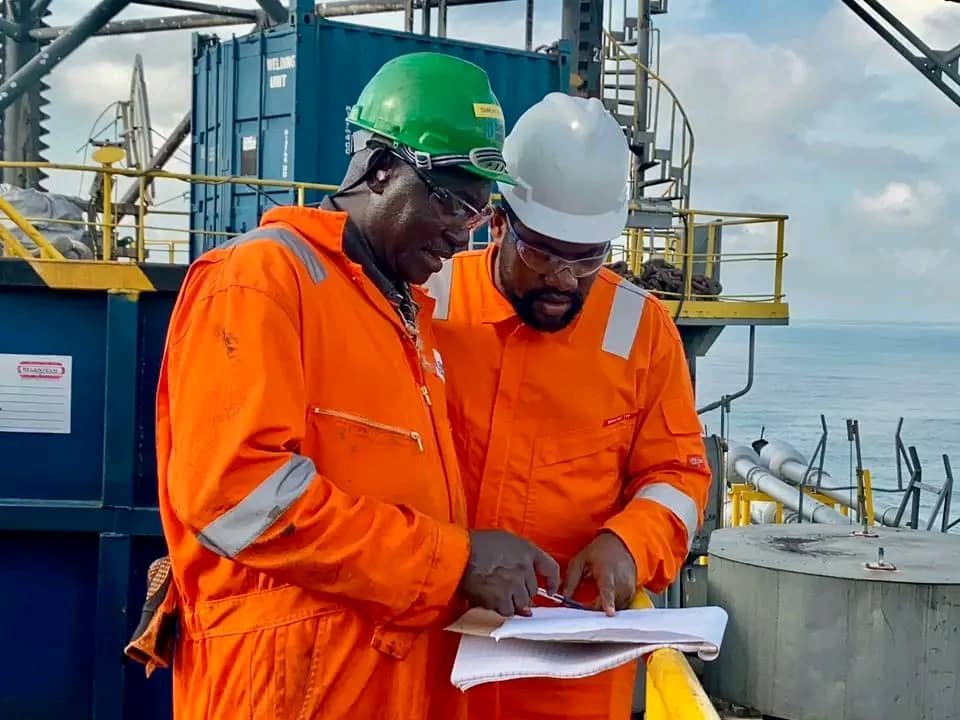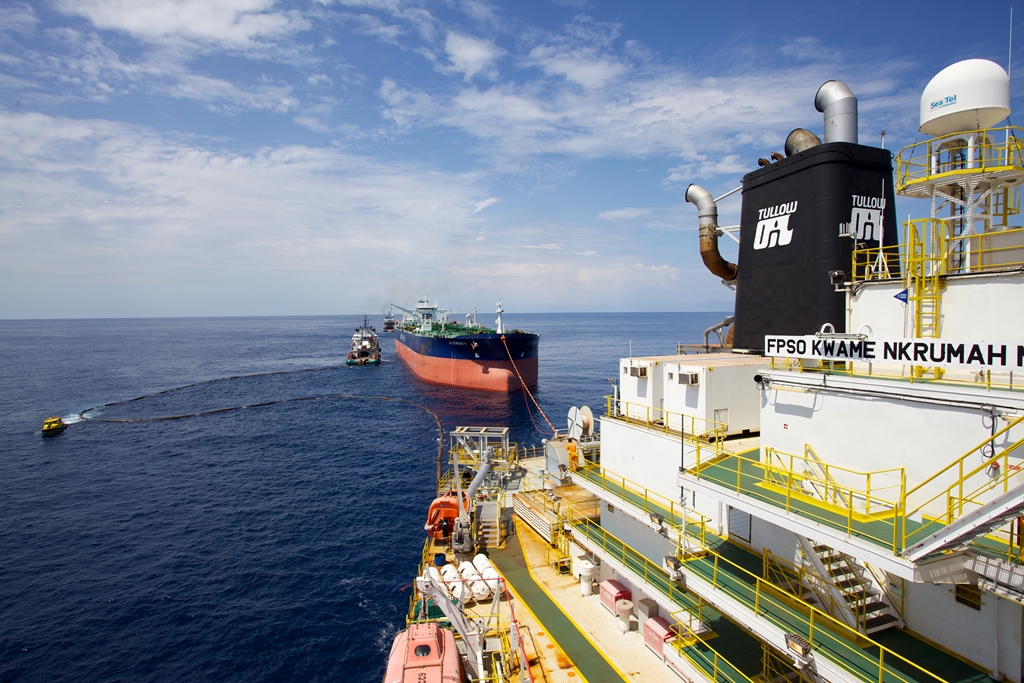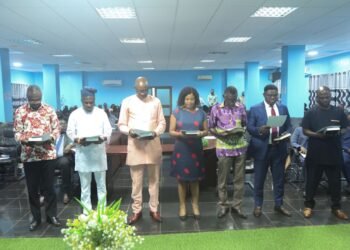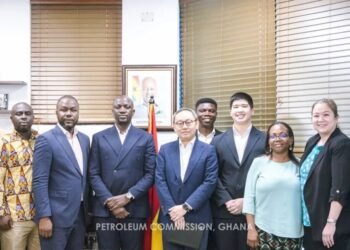The Ghana National Petroleum Corporation (GNPC) has come under scrutiny following a performance audit by the Auditor-General that uncovered widespread financial and procurement irregularities in the management of petroleum revenues earmarked for capital and social investment projects between 2018 and 2023.
The findings, released in the 2024 Auditor-General’s report, revealed that out of US$1.6 billion in petroleum receipts accrued by GNPC over the six-year period, a substantial US$768.35 million, nearly half, was spent on so-called “Level B” activities.
These include administrative costs, capital investments, and corporate social investment (CSI) initiatives, as permitted under the Petroleum Revenue Management Act (PRMA).
However, the audit cited extensive misuse of funds, non-compliance with procurement laws, and project execution failures, sparking renewed debate on GNPC’s financial governance and the broader management of Ghana’s oil wealth.
A central concern in the audit was GNPC’s allocation of GH¢4.9 million to the construction of a Royal Golf Club House, a project not listed in the Corporation’s parliamentary-approved budget.
This unbudgeted expenditure occurred even as several projects sanctioned by Parliament remained unfunded and incomplete.
“This undermines the prioritisation process and creates significant resource diversion away from projects of national interest.”
2024 Auditor-General’s Report
Equally troubling was the discovery that GNPC’s administrative offices and CSI arms, the GNPC Foundation and the CSI Department, frequently used restricted tendering without meeting legal requirements or justifying the method, in direct violation of the Public Procurement Act, 2003 (Act 663) as amended.

The audit also revealed a pattern of delayed fund disbursement from GNPC to contractors, which hampered timely project completion.
In many cases, contractors abandoned construction sites due to non-payment or logistical hurdles, leaving schools, health facilities, and other critical infrastructure half-built or unusable.
Several completed projects, funded at a cost of GH¢2 million, were later rendered non-functional due to the absence of required ancillary facilities such as water connections, access roads, and power supply.
“These projects, though well-intended, failed to deliver value because essential infrastructure was either not planned or not implemented.”
2024 Auditor-General’s Report
The Auditor-General also uncovered systemic breaches of Ghana’s procurement laws. GNPC’s Head Office reportedly sidestepped Section 38(A) of the Public Procurement Act by engaging in restricted tendering without adequate justification.
Additionally, the CSI Department and GNPC Foundation were found to have violated internal procurement policies, raising red flags over the transparency and competitiveness of the award processes.
Delays in the release of funds further compounded project setbacks, resulting in multiple contractors abandoning sites. Some completed projects, the report noted, failed to meet construction standards or were equipped with substandard materials.
Auditor-General’s Recommendations

To rectify the situation, the Auditor-General has issued a series of recommendations aimed at improving financial discipline and accountability within GNPC.
Key among them is a directive that all new project proposals received after Parliamentary budget approval must be deferred to the next fiscal year to ensure coherence and financial planning.
“The Corporation must prioritise ongoing projects before taking on new initiatives, especially where resource constraints exist.”
2024 Auditor-General’s Report
On procurement, the Chief Executive Officer of GNPC has been urged to strictly comply with the Public Procurement Authority (PPA) guidelines and refrain from using restricted tendering mechanisms unless there is strong, documented justification.

Moreover, the GNPC Board has been tasked with enhancing oversight, ensuring that both the CSI Department and the GNPC Foundation are fully involved in the procurement lifecycle of all projects.
The findings have sparked renewed debate about the governance of Ghana’s oil revenues, especially at a time when the country is navigating a delicate economic recovery process.
The audit comes as the government seeks to strengthen its regulatory frameworks across state-owned enterprises.
Whether GNPC adopts these recommendations and overhauls its project and procurement systems will be a key test of institutional reform and fiscal responsibility in the years ahead.
READ ALSO: Ghana Fire Service Records Major Progress Amid Resource Constraints























